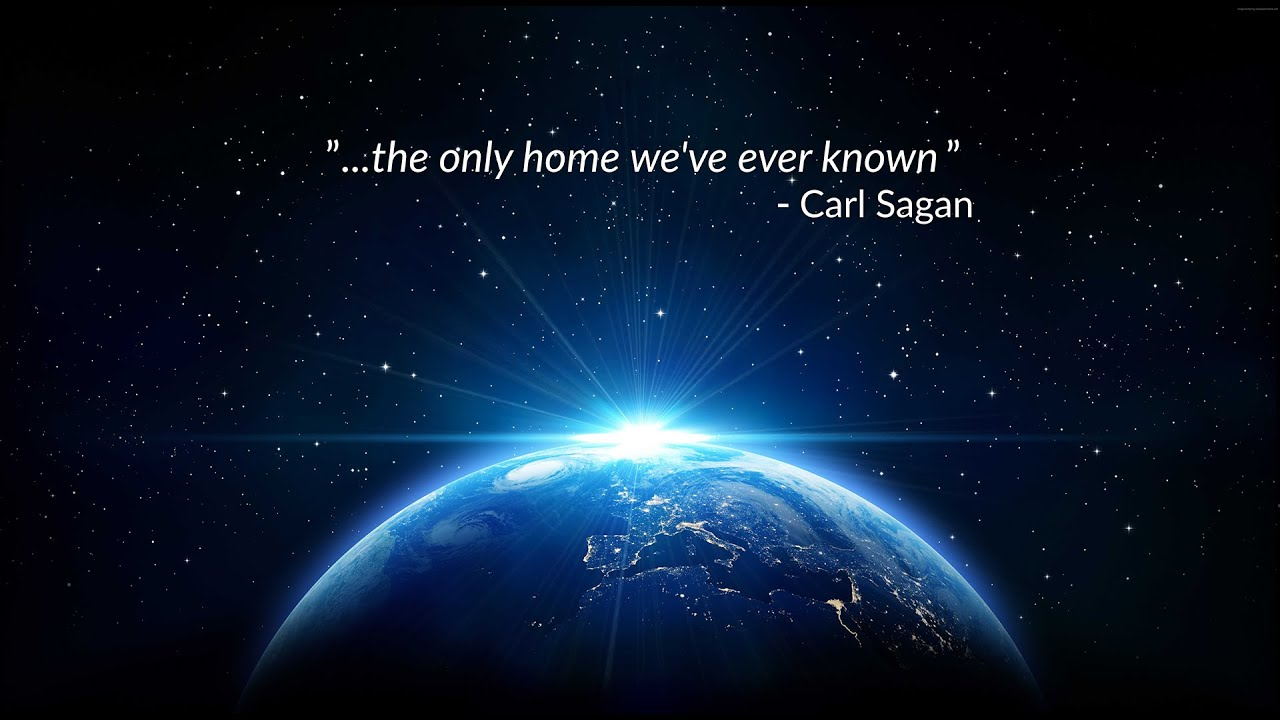LISTEN. Well, here we are already: last day of classes for the Spring '23 semester. Time really does speed up as it goes by, doesn't it? No wonder we quest for transcendence, the trans-end-dance. Our end is near, we must find a way to move beyond it.
My parting thoughts may have a hard time bettering those of my chatbot interlocutor. Sure, some of it's vapid and repetitive. But I do appreciate the favorable reviews.
It's my last shot tonight to summarize my views on Experience and its endless varieties. We didn't meet a couple weeks back, so I want to be sure and mention WJ's remarkable statement in the "Philosophy" lecture of VRE:
Philosophy lives in words, but truth and fact well up into our lives in ways that exceed verbal formulation. There is in the living act of perception always something that glimmers and twinkles and will not be caught, and for which reflection comes too late. No one knows this as well as the philosopher. He must fire his volley of new vocables out of his conceptual shotgun, for his profession condemns him to this industry, but he secretly knows the hollowness and irrelevancy. His formulas are like stereoscopic or kinetoscopic photographs seen outside the instrument; they lack the depth, the motion, the vitality. In the religious sphere, in particular, belief that formulas are true can never wholly take the place of personal experience.
He put the point slightly differently elsewhere, the point being to acknowledge the insuperable gulf between living and theorizing. Experience is one thing, talking about experience something else. "Philosophy must pass from words to life itself." It must at least try, and be honest about its failure to effect the passage without omitting crucial immediacies that make all the difference. It is in the gap between words and life that WJ would have us "defend experience against philosophy" and any other agency or institution intent upon discounting the lived experience of individuals "in their solitude." When in doubt, defer to the experiencer's own account or impression of what they've experienced.
Or, as he says so well at the end of "On a Certain Blindness in Human Beings,"
Hands off: neither the whole of truth nor the whole of good is revealed to any single observer, although each observer gains a partial superiority of insight from the peculiar position in which he stands. Even prisons and sick-rooms have their special revelations. It is enough to ask of each of us that he should be faithful to his own opportunities and make the most of his own blessings, without presuming to regulate the rest of the vast field.
Prisons, sick rooms, churches, laboratories, even philosophy classrooms all have their insights and offer their share of experiential syllables in the great book of life which is still being written. Again, though: hearing and reading of experience is not the same as having it. We must each attend directly to our own, and not worry so much about monitoring and regulating others' experience.
It's a good idea to monitor and regulate our own, though, by reflecting upon experience and trying to articulate what it has come to thus far. WJ did that in responding to a questionnaire not long after publishing VRE. [Spgs] Most tellingly, he there defines a religious experience as "any moment of life that brings the reality of spiritual things home to one." The keyword here is life: spirituality and religion are vitalizing functions of living human beings. They're for us to interpret and act from, not sacral authorities or pedants and scholars.
As for the varieties of scientific experience, represented in our course by the cosmic power-couple Carl Sagan and Ann Druyan, let's notice something crucial WJ should have been more explicit about. He writes:
"...so long as we deal with the cosmic and the general, we deal only with the symbols of reality, but as soon as we deal with private and personal phenomena as such, we deal with realities in the completest sense of the term."
Yes, WJ; but as Carl and Ann so eloquently illustrate, it is every bit as possible to "deal with the cosmic" and scientific as experiences vibrantly, expansively, and completely real, in personal and spiritual terms, as with any more familiarly earth-bound religious experience. (Recall Carl's subtitle: "a personal view...")
In fact, a god conceived as merely local and not cosmic seems pretty pale, spectral, and small by comparison.
As WJ says, the pragmatic philosophy tries to respect all the varieties of experience and thus
lies in the midst of our theories, like a corridor in a hotel. Innumerable chambers open out of it. In one you may find a man writing an atheistic volume; in the next someone on his knees praying for faith and strength; in a third a chemist investigating a body's properties. In a fourth a system of idealistic metaphysics is being excogitated; in a fifth the impossibility of metaphysics is being shown. But they all own the corridor, and all must pass through it if they want a practicable way of getting into or out of their respective rooms. Pragmatism IIIt pleases me that Druyan's vision of a possible world just a decade and a half away is positive. It may be premature to imagine a 2039 World's Fair so full of promise and hope for a human future beyond the crisis zone, but the poetic symmetry of the centenary of young Carls's awakening must have been irresistible. Understandably. We'd better be moving in that direction by then, but I think 2064--NdGT's fair centenary--is the likelier target for the kind of celebration Druyan depicts.
Wouldn't we all love to be there, to scale the Tree of Life, cruise in a bubble with virtual Carl in the Pavilion of Searchers, raid the Palace of Life giftshop? I'll just be 107, which by then should be the new 66. I'm booking it in my calendar.
We'd better hope the Ministry for the Future is up and running, as promised by KSR, no later than '25.
And we'd better keep on asking questions. "Curiosity has its own reasons..."
Let's give WJ the nearly-last word, for now (not forgetting his own actual borrowed last words: "There is no conclusion. What has concluded, that we might conclude in regard to it?")
"No fact in human nature is more characteristic than its willingness to live on a chance. [It] makes the difference between a life of which the keynote is resignation and a life of which the keynote is hope."
And the pursuit of happiness.
The pioneering psychologist William James called religion a "feeling of being at home in the Universe." Our tendency has been... to pretend that the Universe is how we wish our home would be, rather than to revise our notion of what's homey so it embraces the Universe. If, in considering James' definition, we mean the real Universe, then we have no true religion yet. That is for another time, when the sting of the Great Demotions is well behind us, when we are acclimatized to other worlds and they to us, when we are spreading outward to the stars.




No comments:
Post a Comment